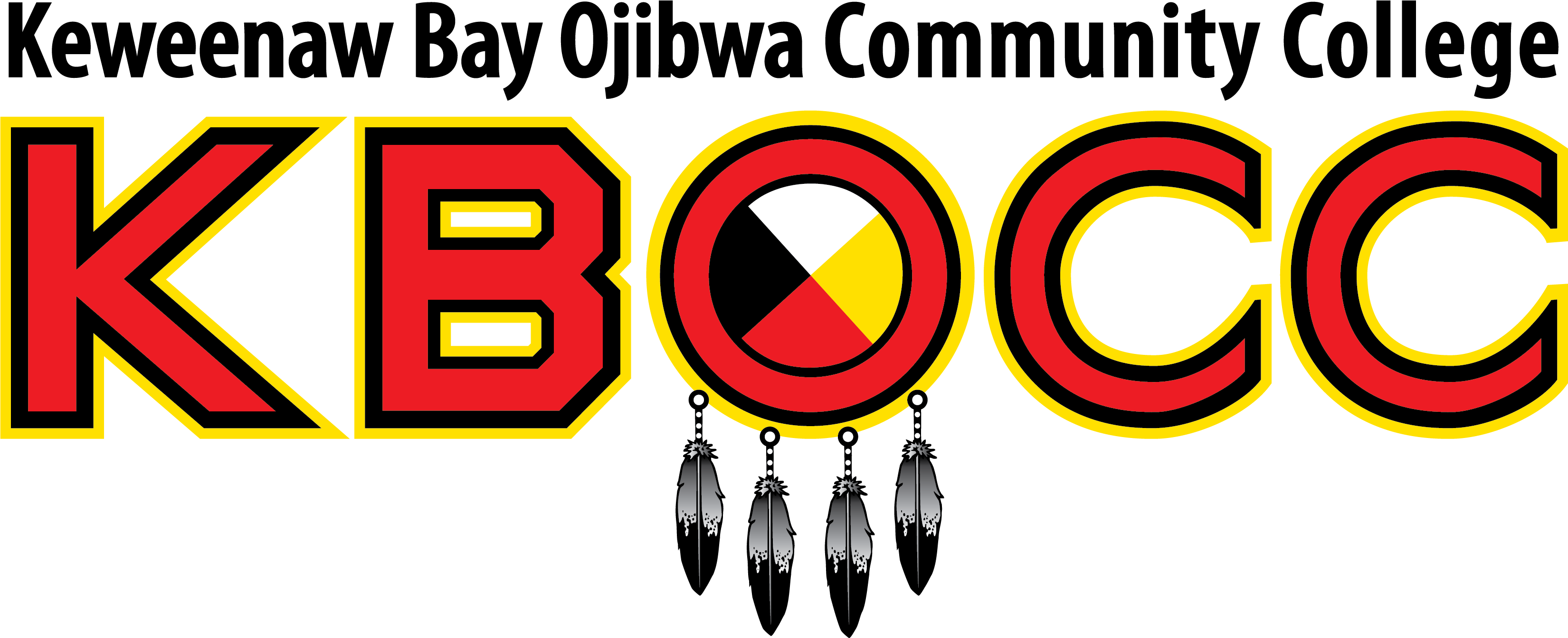PROGRAM SUMMARY
This degree provides the broad educational foundation needed to enhance human well-being and help meet the basic and complex needs of all people, with a focus on helping people grow in ability, health and responsibility while utilizing the Anishinaabe Culture to promote new forms of healing and supporting. This degree is designed as a transfer degree for graduates who wish to continue their education by completing a baccalaureate degree in Social Science, Social Work, Behavioral Health, Psychology, Human Services or a related field. Students are prepared to think critically, analyze thoughtfully, work cooperatively and solve problems effectively, with focus on Native communities.
PROGRAM HANDBOOKPROGRAM OUTCOMES
1. Apply critical thinking in social science settings to solve problems.
2. Describe the interconnectedness of communities.
3. Communicate effectively with clients, family, and community members.
4. Incorporate sensitivity to diverse cultures, including Anishinaabe culture, into practice in social science settings.
FOR MORE INFORMATION, CONTACT:
Tim Raymond
Liberal Studies Department Chair
(906) 524-8311
Wabanung Campus – Rm 311
PROGRAM REQUIREMENTS
General Education Requirements
College Success Elective (Choose LS103 or LS133) – 2 credits
EN102 College Composition I – 3 credits
EN106 Sharing Information and Stories Orally – 3 credits
EN202 College Composition II – 3 credits
Lab Science Elective – 4 credits
Math Elective (MA103 or higher) – 4 credits
Humanities Electives (Choose any humanities-designated course; must be taken from a different subject area than the Anishinaabe Awareness elective) – 4 credits
Anishinaabe Awareness
Anishinaabe Awareness Elective (Choose AS102 or OS110) – 4 credits
Second Anishinaabe Awareness Elective (At least two additional credits of electives must be designated Anishinaabe Awareness; may be duplicate credits)
Concentration Requirements
AS232 Tribal Government – 4 credits
PY101 Psychology – 4 credits
SO101 Introduction to Sociology – 4 credits
IS110 Principles of Information Systems** – 4 credits
HL101 Health Professions – 3 credits
HL102 Legal and Ethical Issues in Health Professions – 3 credits
Experiential Learning Requirement (LS295, LS298 or LS299) – 1-3 credits
LS297 Capstone Seminar – 1 credit
Concentration Electives
Social Science Electives (Choose from social science designations, courses must be taken from a minimum of two subject areas – 8 credits must be at the 200 level) – 12 credits
Total Credits Required – 63-65 credits
*
Students intending to transfer should consider fulfilling the Michigan Transfer Agreement’s (MTA) requirement of two sciences and math. See Michigan Transfer Agreement under General Education.
** Students who can demonstrate proficiency in using the computer applications covered in IS110 by either (1) providing evidence of successfully completing computer courses in secondary or community education settings within the past five years or (2) passing a KBOCC-administered proficiency exam will be permitted to select an alternative course or courses totaling 4 credits. Liberal studies majors who are interested in this option should speak with their advisor about procedures and appropriate alternative course selections.
